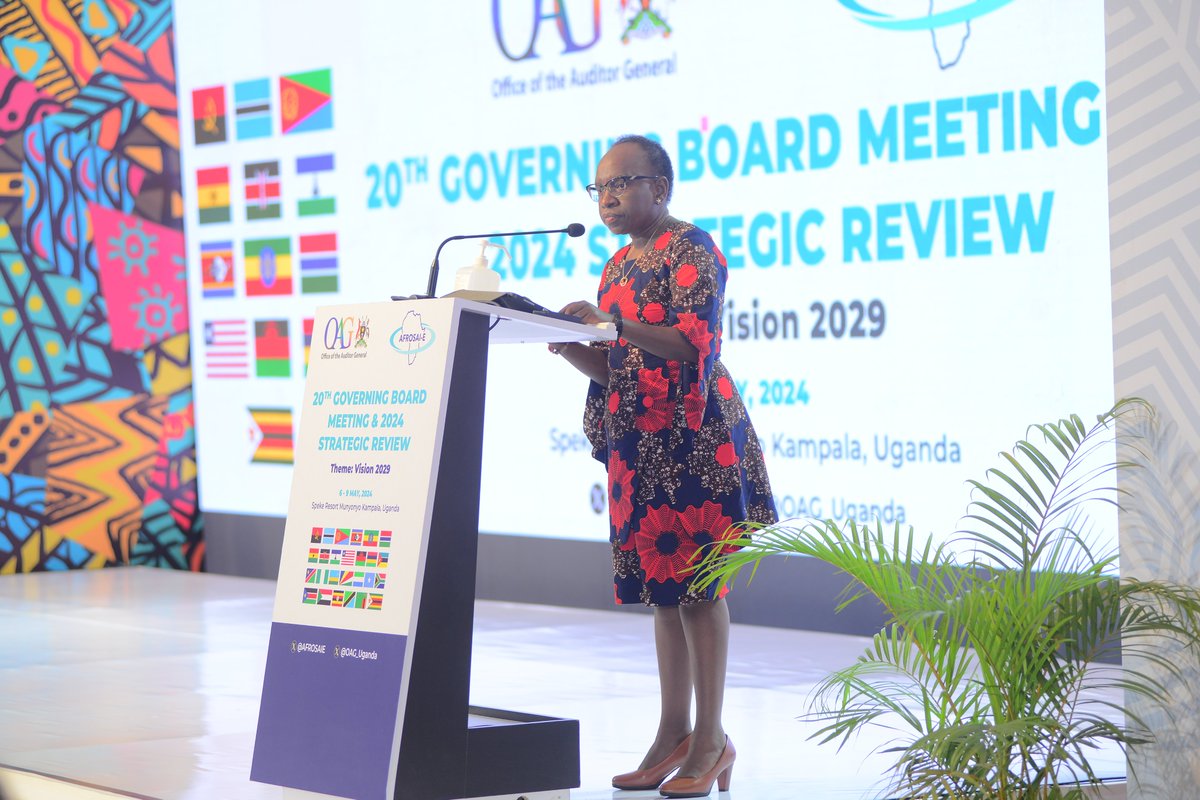A recent audit has uncovered shocking financial irregularities in Kenya’s cash transfer programmes, raising serious concerns about mismanagement, fraud, and poor accountability in initiatives meant to support vulnerable citizens. The audit, conducted by Auditor-General Nancy Gathungu, details how billions of shillings allocated to social protection were misused, with glaring lapses in financial controls.
The 2023/2024 financial year audit focused on the State Department for Social Protection and Senior Citizen Affairs, exposing overpayments, fraudulent beneficiary records, and repeated failed transactions. These findings point to a deep-rooted governance crisis in programmes designed to aid older persons, persons with severe disabilities, and orphans and vulnerable children.
Overpayments and Fraudulent Beneficiary Data
One of the most alarming discoveries was that 919 beneficiaries were overpaid a total of Ksh896,500 in February 2024. Each recipient under the Consolidated Cash Transfer Programme is entitled to Ksh2,000 per month, yet some received excess amounts, highlighting a severe breakdown in financial oversight.
The Older Persons Cash Transfer Programme also exhibited major discrepancies. The report found that 15,243 caregivers were supporting multiple households, violating policy guidelines that allow each caregiver to represent only one household. This widespread non-compliance raises concerns about fund diversions and exploitation of the system.
Additionally, 1,719 beneficiaries experienced more than three failed credit transactions, leaving a staggering Ksh34,799,500 unaccounted for. Weak financial controls were blamed for these transaction failures, suggesting inefficiencies in the electronic disbursement system meant to streamline payments.
Further investigations into the Persons with Severe Disabilities (PSD) and Orphans and Vulnerable Children (OVC) payrolls revealed that 646 orphans and 3,812 vulnerable children were registered with invalid national ID numbers, questioning the authenticity of the beneficiaries and the effectiveness of data verification processes.
Public Land Encroachment Scandal
Beyond financial mismanagement, the audit exposed a land encroachment crisis involving government-owned properties meant for social welfare institutions. Several children’s remand homes, rehabilitation centres, and rescue centres were found to be illegally occupied, lacking proper ownership documents.
For instance, the Getathuru National Reception, Assessment, and Classification Centre in Westlands, Nairobi, had 17 hectares of land partially occupied by a Chinese construction company. Despite completing the Redhill-Waiyaki Way bypass project three years ago, the company illegally retained the land and even built a permanent double perimeter wall, all without a lease agreement.
At Wamumu Rehabilitation School, 40.5 hectares were allocated to the Kenya Medical Research Institute (KEMRI), while another 26 hectares were earmarked for a local group—without any approval documents. Similarly, the Othaya Rehabilitation School was found to be sitting on 9.8 hectares of unfenced, undocumented land, while private developers encroached on a 0.9-hectare plot in Murang’a, constructing permanent buildings on public land.
The Thika Rescue Centre was also affected, with its 10.1-hectare property only partially fenced, leaving it vulnerable to further encroachment. These cases highlight a serious governance failure in the protection and administration of public land meant for social welfare programmes.
Call for Urgent Reforms and Accountability
Following these damning revelations, Auditor-General Nancy Gathungu has called for immediate reforms to enhance data verification processes, tighten financial oversight, and recover illegally occupied public land. She has urged the government to implement stricter financial controls to prevent further losses in social protection funds.
With billions of shillings mismanaged and public assets under threat, parliamentary investigations into these irregularities are now expected. The findings have intensified pressure on relevant authorities to hold those responsible accountable and ensure cash transfer programmes genuinely benefit Kenya’s most vulnerable citizens.





